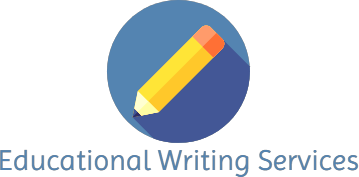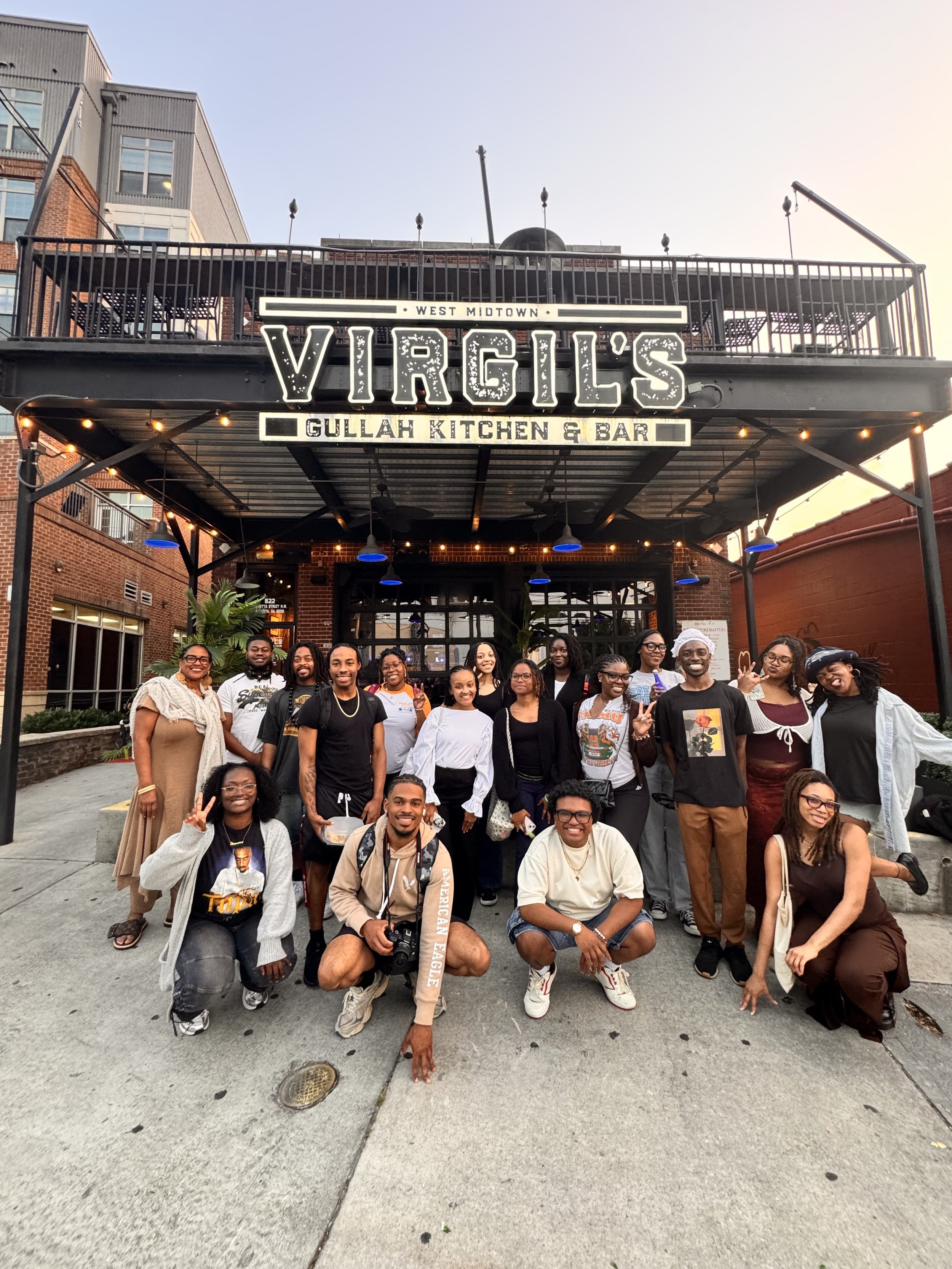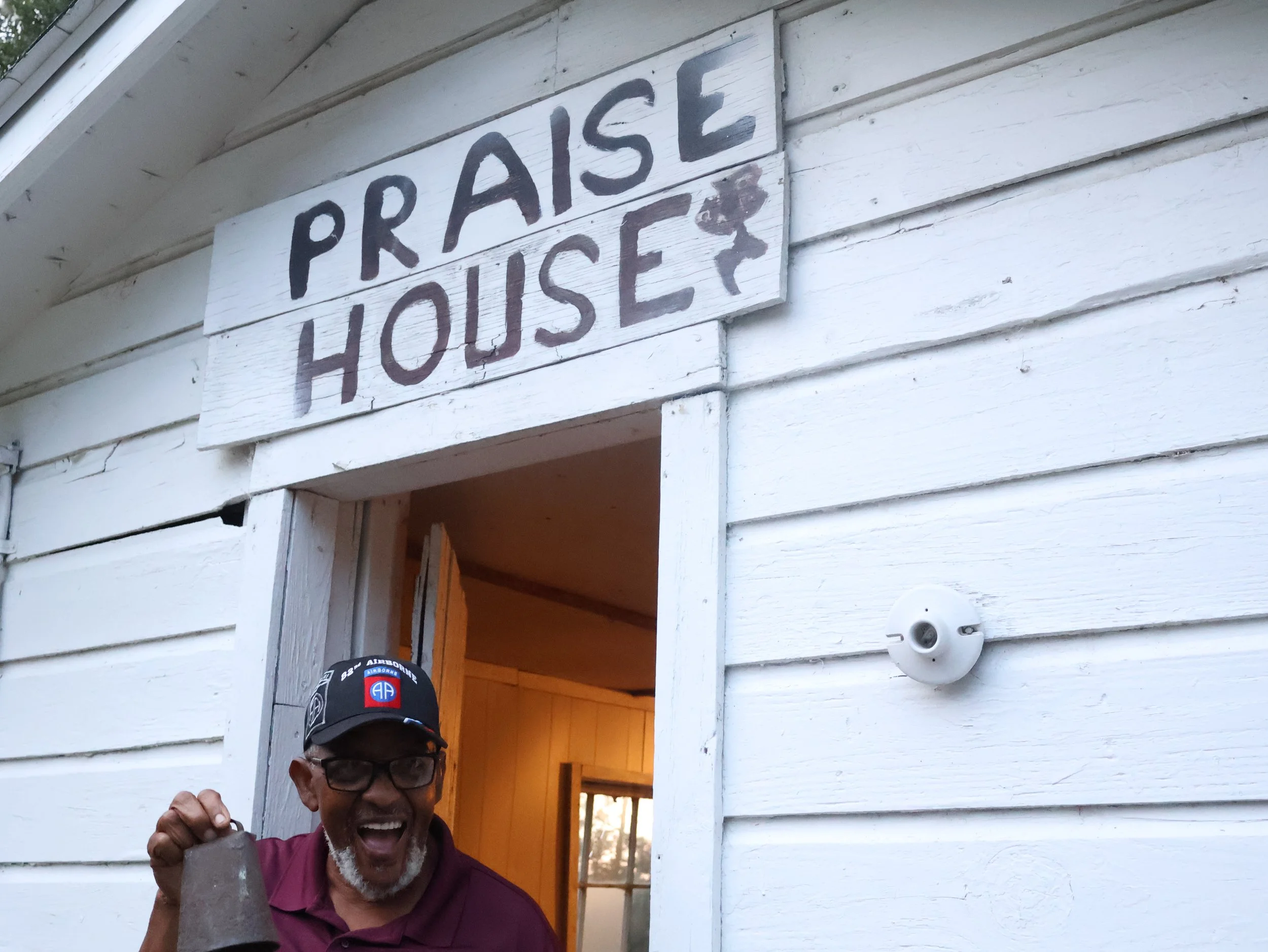By: Kathi Rogers, Guest Writer
As teachers or professors, many of us have thought about how we can integrate technology into our lessons. We are always thinking of how we can make our lessons more engaging or more interesting, something the students will enjoy and actually use in the future. We also may have had pressure from admin or our department chairs to add technology to our lessons to engage our students, especially those from Generation Z.
Technology, whether it be integrating Artificial Intelligence (AI) or adding opportunities where our students can post comments or ask questions, enhances the experience of the lesson. What we, as professional educators, can do is 1) learn more about what’s available, 2) investigate those options, play around with the different tools, and 3) choose what will work best with our students and the content.
So, what’s out there anyway? Here are a few tools educators can use in their classrooms, whether for K-12 or higher education:
Microsoft Copilot: a chatbot tool that is free for use. You just have to go to the Copilot website or the Microsoft Edge browser. You can ask general questions or more complex ones. It can help students focus their inquiries or help them see an overall picture of the content they are researching. For example, if a student wants to look at diversity in the U.S., they can type in “diversity in U.S.” Copilot will then give them many statistics and categorize subjects they can look into in more detail.
ChatGPT: a chatbot that responds conversationally to your questions. It uses information that relies on probability to respond to requests in a natural way. There is a free platform and a subscription option, which provides faster responses with more reliable support for teachers. With the same example, “diversity in the U.S.,” ChatGPT will also provide several topics to explore further, but it comes across in a more conversational or essay format.
Perplexity: a chatbot that operates much like the others, but will cite sources that are clickable to get more context and information. There is a free plan with this, as well as a higher priced option, which will provide individuals with more advanced features. When someone enters “diversity in the U.S.” here, there is more of an Encyclopedia answer, and there are prompts for further research by the student.
Padlet: a tool that helps teachers create engaging lessons, with options for feedback from students and ways to post content in creative ways. Right now, Padlet is free to use, but it may have a price attached in the near future. With the “diversity in the U.S.” prompt, students can create a bulletin board in real-time or respond to prompts about diversity by the teacher.
QuestionWell: a tool for teachers that will generate questions, learning objectives, and even quiz questions from content that is uploaded by the teacher. There is a free version, but also a premium version with a higher word limit for content that is longer than the average lesson. With “diversity in the U.S.,” instructors can create quizzes or homework assignments based on information the students have gotten in class.
Many of these tools make it easier for professional educators to design lessons that are more engaging and, frankly, more interesting for the learners. The best part is: be sure to try out the tools before you introduce them to your students! Don’t be afraid! In the end, the more we familiarize ourselves with these tools, the more useful we will be to our students, and to each other, and the less scary it will be. Technology can be our friend, if we will just let it be.
Kathi Rogers lives in Corinth, Texas with her husband of 33 years. She is a retired educational leader from the Dallas/Ft. Worth area with a Doctorate in Education and decades of experience in instructional design, multimedia learning development, and strategic project management.















